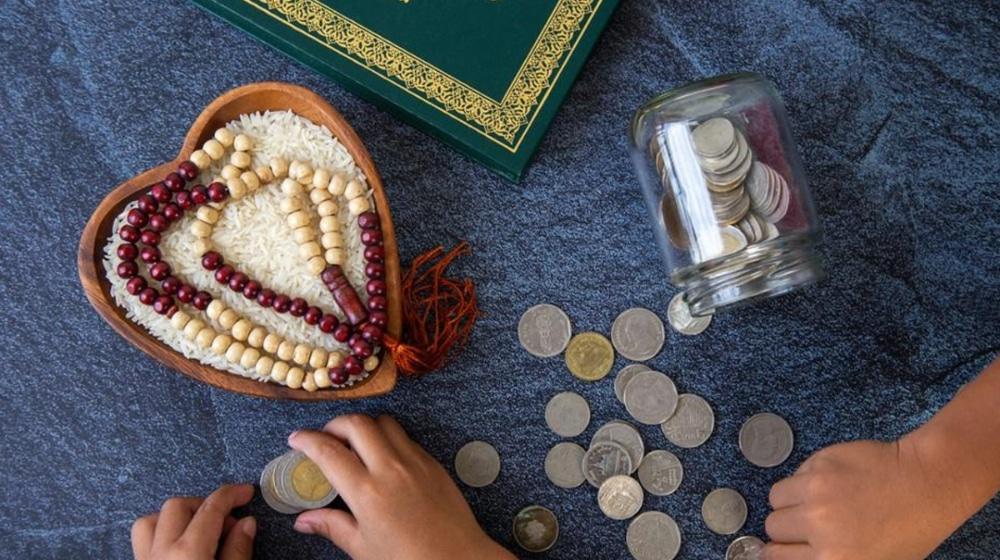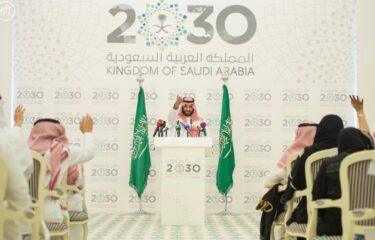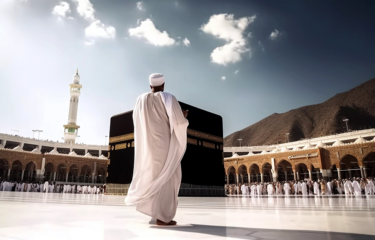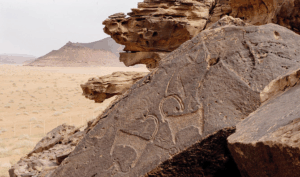Ramadan is a month of devotion, self-reflection, and spiritual discipline. For many, fasting from dawn to dusk it’s an act of worship, but for those who are unable to fast due to chronic illness, age, sickness, or other legitimate reasons, Islam offers a compassionate alternative that is Fidya.
Fidya goes beyond the constructs of an obligation as it is an act of care and giving, ensuring that those who cannot fast can still partake in the infinite blessings of the Holy month of Ramadan. By providing meals and charity to those in need, Fidya strengthens the bond of community and echoes the generosity that defines this sacred month and the boundless religion of Islam.
Who Needs to Pay Fidya?
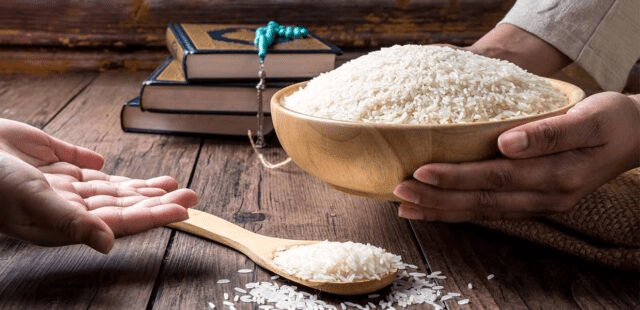
Fidya is given by those whose bodies cannot bear the fast and whose return to health is uncertain. These individuals include:
- Elders who find the long hours of fasting too heavy, individuals facing chronic illness with no hope of recovery.
- Mothers who carry or nourish life, where fasting might bring harm to them or their child.
- People with chronic illnesses where fasting could cause harm or worsen their condition.
For these individuals, Fidya is not a burden. It is a path that leads to peace, both for themselves and for those they help through their offering.
It’s important to note that Fidya is different from Kaffarah. While Fidya is compensation for missed fasts due to valid reasons, Kaffarah is a penalty for deliberately breaking a fast without a legitimate excuse.
How Much is Fidya in Saudi Arabia for Ramadan 2025
The amount of Fidya is determined by the cost of feeding one person per missed fast. For Ramadan 2025, the Fidya amount in Saudi Arabia is set at approximately 30 SAR per day. This means:
- For one missed fast: 30 SAR
- For the entire month of Ramadan (30 days): 900 SAR
The amount may vary slightly based on local food costs, and Islamic councils regularly update the rates to ensure they remain accurate.
How to Pay Fidya in Saudi Arabia?
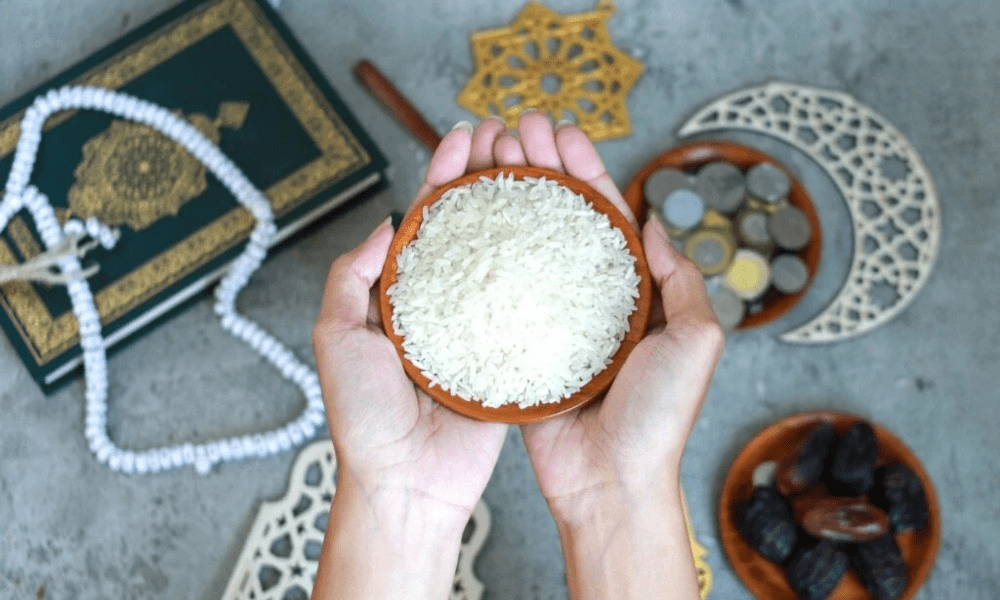
Paying Fidya in Saudi Arabia is straightforward, with multiple options available to ensure the contribution reaches those who need it most.
Local Charities & Organizations
Several well-known organizations facilitate Ramadan Fidya payments to ensure that food reaches those in need:
- Al Bir Society: Al Bir Society is a trusted charity distributing meals across the Kingdom.
- King Salman Humanitarian Aid & Relief Center (KSRelief): King Salman Humanitarian Aid & Relief Center supports global and local humanitarian efforts, including Fidya.
- Saudi Food Banks: Saudi Food Banks are nonprofits dedicated to feeding underprivileged communities.
Online Fidya Payment Platforms in Saudi Arabia
For convenience, many organizations accept Fidya payments online. Expats and residents alike can contribute through official websites, banking apps, and mobile donation platforms. Some options include:
- KSRelief Online Portal
- Al Bir Society Official Website
- Islamic Relief and Transparent Hands (for international donors)
Mosques & Community Centers
Many mosques in Saudi Arabia accept Fidya donations, especially during Ramadan. Designated booths are set up for those who prefer to pay in person.
The Impact of Fidya Payments
Paying Fidya is more than fulfilling a religious obligation as it’s about giving back to the ones in need and the community. During Ramadan, many underprivileged families rely on these contributions for their daily meals. In Saudi Arabia, Fidya donations help provide nutritious food to those who would otherwise go without, reinforcing the core values of Ramadan: generosity, compassion, and unity.
A single Fidya payment can mean a warm meal for a struggling family, a sense of relief for someone in need, and spiritual fulfillment for the giver.
The Heart That Gives, Gathers!
Ramadan is a time for reflection, generosity, and faith. Fidya ensures that everyone, regardless of their ability to fast, can partake in the blessings of the holy month. By making a timely and sincere Fidya contribution, individuals can uphold their spiritual responsibilities while uplifting their communities.
If you or a loved one needs to pay Fidya, consider making your contribution today, a small act of giving can transform someone’s Ramadan.
A Vital Provision
Fidya serves as a vital provision in Islam, accommodating those unable to fast and ensuring they remain connected to the communal and spiritual aspects of Ramadan. By understanding the guidelines and utilizing the available avenues for payment in Saudi Arabia, individuals can fulfill this obligation effectively.
Timely and sincere payment of Fidya not only upholds personal faith but also contributes positively to the broader community, reinforcing the values of empathy and generosity central to Ramadan.
Note: Islamic rulings and Fidya amounts may vary based on scholarly interpretations and regional decisions. It’s recommended to consult local religious authorities or trusted Islamic organizations for the most accurate and personalized guidance.
FAQs
Who is required to pay Fidya in Ramadan?
Fidya is required for individuals who are unable to fast due to permanent or long-term health conditions, old age, or chronic illness, with no expectation of recovery. It is a compensatory act of charity that provides meals for those in need.
How much is the Fidya amount in Saudi Arabia for 2025?
The Fidya amount is typically the cost of feeding one person per missed fast. In Saudi Arabia, this is estimated to be 30 SAR per day, but it is advisable to check with local Islamic councils for updated rates.
Can expats pay Fidya in Saudi Arabia?
Yes, expats residing in Saudi Arabia can pay Fidya through local charities, mosques, or verified online platforms that distribute food to those in need.
Where can I pay Fidya in Saudi Arabia?
Fidya can be paid through recognized charities such as Al Bir Society, KSRelief, and the Saudi Food Bank. Many mosques also facilitate Fidya payments, and several Islamic organizations offer online payment options for convenience.
What is the difference between Fidya and Kaffarah?
Fidya is given when someone cannot fast due to valid and lasting reasons, while Kaffarah is given when a fast is broken intentionally without a valid excuse. Fidya involves feeding one needy person per missed day. Kaffarah requires fasting for sixty consecutive days or feeding sixty needy people as a form of atonement.

